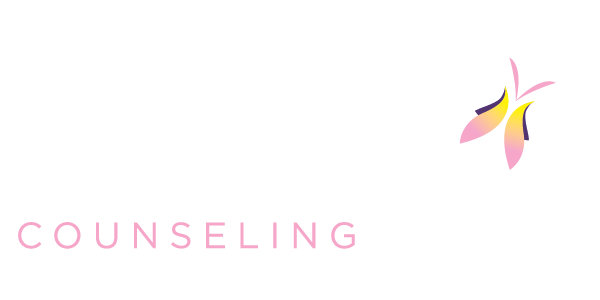
Ready to chat?
Schedule a consultation- if you are interested in learning more about counseling or if this will be a good fit, I offer a 15 minute phone consultation for free!
Chat with Me
Please know…
You are not alone.
Approximately 6% of pregnant women and 10%
of postpartum women develop anxiety.
Approximately 15% of women experience significant depression following childbirth.
I’m not only a licensed professional clinical counselor but I have been through it myself.
I help my clients learn new ways to cope with feelings, process and challenge negative thoughts, and explore barriers that may be standing in your way.
I specialize in Postpartum Depression (PPD), Anxiety (PPA), pregnancy loss, and providing care for mothers during their most challenging days.
In counseling we can address the following areas of concern:
-
Anxiety is what we feel when we are worried, tense or afraid – particularly about things that are about to happen, or which we think could happen in the future. Anxiety is a natural human response when we feel that we are under threat. It can be experienced through our thoughts, feelings and physical sensations.
-
Depression is a common and serious medical illness that negatively affects how you feel, the way you think and how you act. Fortunately, it is also treatable. Depression causes feelings of sadness and/or a loss of interest in activities you once enjoyed. It can lead to a variety of emotional and physical problems and can decrease your ability to function at work and at home.
-
Stress management is a wide spectrum of techniques and psychotherapies aimed at controlling a person's level of stress, especially chronic stress, usually for the purpose of and for the motive of improving everyday functioning.
-
Grief is the response to loss, particularly to the loss of someone or some living thing that has died, to which a bond or affection was formed. Although conventionally focused on the emotional response to loss, grief also has physical, cognitive, behavioral, social, cultural, spiritual and philosophical dimensions.
-
Coping refers to conscious strategies used to reduce unpleasant emotions. Coping strategies can be cognitions or behaviours and can be individual or social.
-
Life transitions are periods in life involving lots of change to your lifestyle. They might also be a result of important events that make you stop and evaluate your life.
-
Self-esteem is confidence in one's own worth or abilities. Self-esteem encompasses beliefs about oneself as well as emotional states, such as triumph, despair, pride, and shame. Self-esteem issues can impart ones views of themselves in a negative way.
-
What is infertility? In general, infertility is defined as not being able to get pregnant (conceive) after one year (or longer) of unprotected sex.
-
Pregnancy can take a toll on women at every stage; physically, mentally and emotionally. It is important to get proper care early, throughout and after.
-
The process of taking care of children until they are old enough to take care of themselves can be daunting. Talking with a counselor can help ease the overwhelm.
-
Women's issues refer to any concern that affects a woman's mental and at times physical health. These concerns can range from general mental health issues to challenges specific to women.
“I had a good pregnancy and I enjoyed my changing body but after giving birth I felt like a stranger in my own body. I was so depressed. I had no energy, was crying a lot and I felt like I was and outsider playing a role not living my own life. Kristin helped me in so many ways.”

Try a session for free and see if it’s right for you.
It takes courage and strength to reach out for help, and the first step is the hardest!

